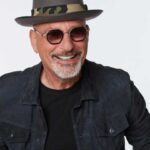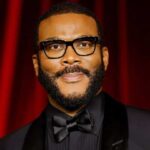
Explore Richard Branson’s personality using Cattell’s 16PF model — from risk-taking visionary to purpose-driven leader.
Richard Branson: The Maverick Behind Virgin’s Global Vision
Richard Branson, the charismatic entrepreneur behind the Virgin Group empire, embodies fearless ambition, unconventional thinking, and boundless resilience. This Personality Report on Richard Branson explores the dynamic interplay of creativity, determination, social boldness, and strategic risk-taking, framed through Cattell’s 16 Personality Factors. Diagnosed with dyslexia early in life and exhibiting traits closely associated with ADHD (Attention Deficit Hyperactivity Disorder), Branson faced significant academic challenges, often overlooked or misunderstood by traditional educational systems. Rather than allowing these difficulties to limit him, Branson embraced his distinctive cognitive profile, turning perceived weaknesses into unique strengths. His struggles with conventional learning methods fueled his exceptional interpersonal skills, intuitive decision-making, boundless energy, and relentless drive for innovation. Understanding the Richard Branson personality reveals a powerful truth: what society labels limitations can, through the right perspective, become catalysts for extraordinary achievement.





